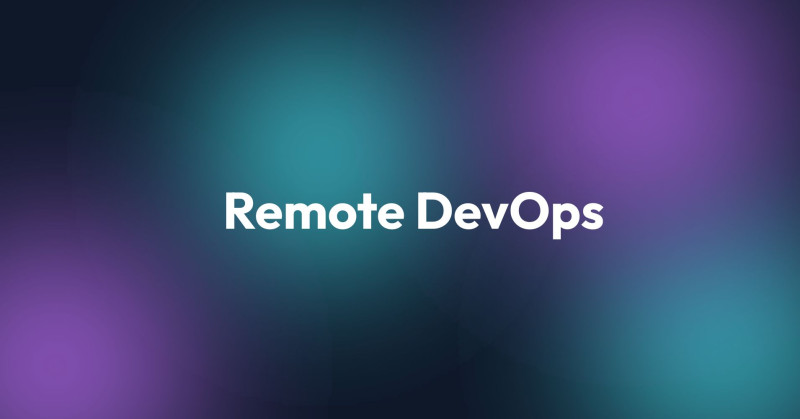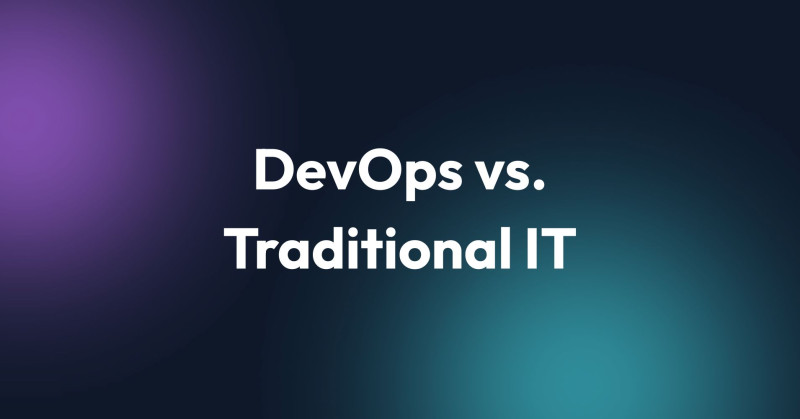E-learning has become a cornerstone of employee development, onboarding, and continuous education—especially for mid-sized and large organizations managing diverse roles and knowledge levels. However, scaling content creation and delivering truly personalized learning experiences remain key challenges. Generative AI is changing that. This article explores how generative AI is transforming e-learning automation, with a focus on automatic quiz generation and real-time personalized feedback.

What Is Generative AI in the Context of E-Learning?
Generative AI refers to advanced models—like GPT—that can create original content, including text, questions, summaries, and even conversational simulations. In e-learning, generative AI can:
Analyze course material and generate assessments
Create varied quiz formats (MCQs, open-ended, matching)
Provide custom explanations based on user answers
Adapt content dynamically based on learner progress
Unlike static learning systems, generative AI introduces intelligence and flexibility at scale.
Automatic Quiz Generation with Generative AI
Creating engaging and relevant quizzes manually is time-intensive and often inconsistent across teams. Generative AI automates this by:
Parsing source content (PDFs, slides, videos)
Generating questions aligned with learning objectives
Adjusting question difficulty based on user level or role
Enabling frequent content updates without instructional designer overhead
Example: A sales enablement team uses AI to auto-generate 20 customized quizzes per week from webinar transcripts—no manual content creation required.
Personalized Feedback at Scale
One of the biggest gaps in traditional e-learning is impersonal, generic feedback. Generative AI changes this by:
Giving immediate, tailored responses to correct and incorrect answers
Suggesting follow-up materials or topics for review
Creating “teachable moments” with contextual explanations
Supporting dialogue-based learning (e.g., “Why was this answer wrong?”)
Impact: Studies show that personalized feedback can boost learning retention by up to 40%, making it a powerful tool for enterprise learning and development.
Who Benefits Inside Mid-to-Large Organizations?
Internal Tools / Platform PMs: Automate quiz delivery and updates without scaling content teams
L&D / HR Operations: Accelerate onboarding, reduce training cycles, increase learner satisfaction
Engineering / DevOps: Ensure consistent integration with LMS and existing data pipelines
Innovation / AI Roles: Pilot controlled generative AI use cases within secure environments
Generative AI isn’t just a tool—it’s a capability that multiplies the impact of your e-learning strategy.
Challenges and Limitations
Accuracy: AI-generated questions may contain factual errors if prompts aren’t specific
Validation: Human experts still need to review sensitive or high-stakes content
Bias & Ethics: AI feedback must be non-discriminatory and fair
Governance: Implement version control, feedback loops, and quality assurance processes
Adopting generative AI responsibly means balancing automation with human oversight.
How to Deploy Generative AI in Your E-Learning Stack
Choose Your Platform: Integrate AI with LMS like Moodle, Docebo, or a custom tool
Use Prompt Engineering: Build reusable prompts that reflect learning goals and tone
Pilot Use Cases: Start with a focused path (e.g., technical onboarding or compliance training)
Monitor Metrics: Track completion rates, feedback scores, quiz accuracy, and engagement
Train Stakeholders: Ensure L&D and content teams understand how to work with AI outputs
FAQ: Generative AI in E-Learning
What is generative AI in e-learning?
Generative AI refers to models that can create learning materials such as quizzes, summaries, and personalized feedback based on content input.
How does AI automate quiz generation?
AI analyzes your course content and generates questions that align with learning goals and user roles, saving instructional design time.
Can AI provide accurate personalized feedback?
Yes, when trained correctly, AI can deliver real-time feedback tailored to learner performance, improving engagement and retention.
Is generative AI safe to use in training?
Yes, with human oversight and QA processes in place, AI can safely enhance training programs without replacing educators.
Which platforms support generative AI in e-learning?
Tools like Moodle (with plugins), LearnWorlds, and Docebo support generative AI integrations through APIs or custom solutions.
Final Thoughts
Generative AI is redefining what scalable, high-impact e-learning looks like. By automating quiz generation and delivering personalized feedback, it enables teams to create richer, adaptive learning experiences faster and more efficiently.
For organizations seeking to modernize their learning systems and empower users through personalized journeys, generative AI offers a practical and powerful solution.





















